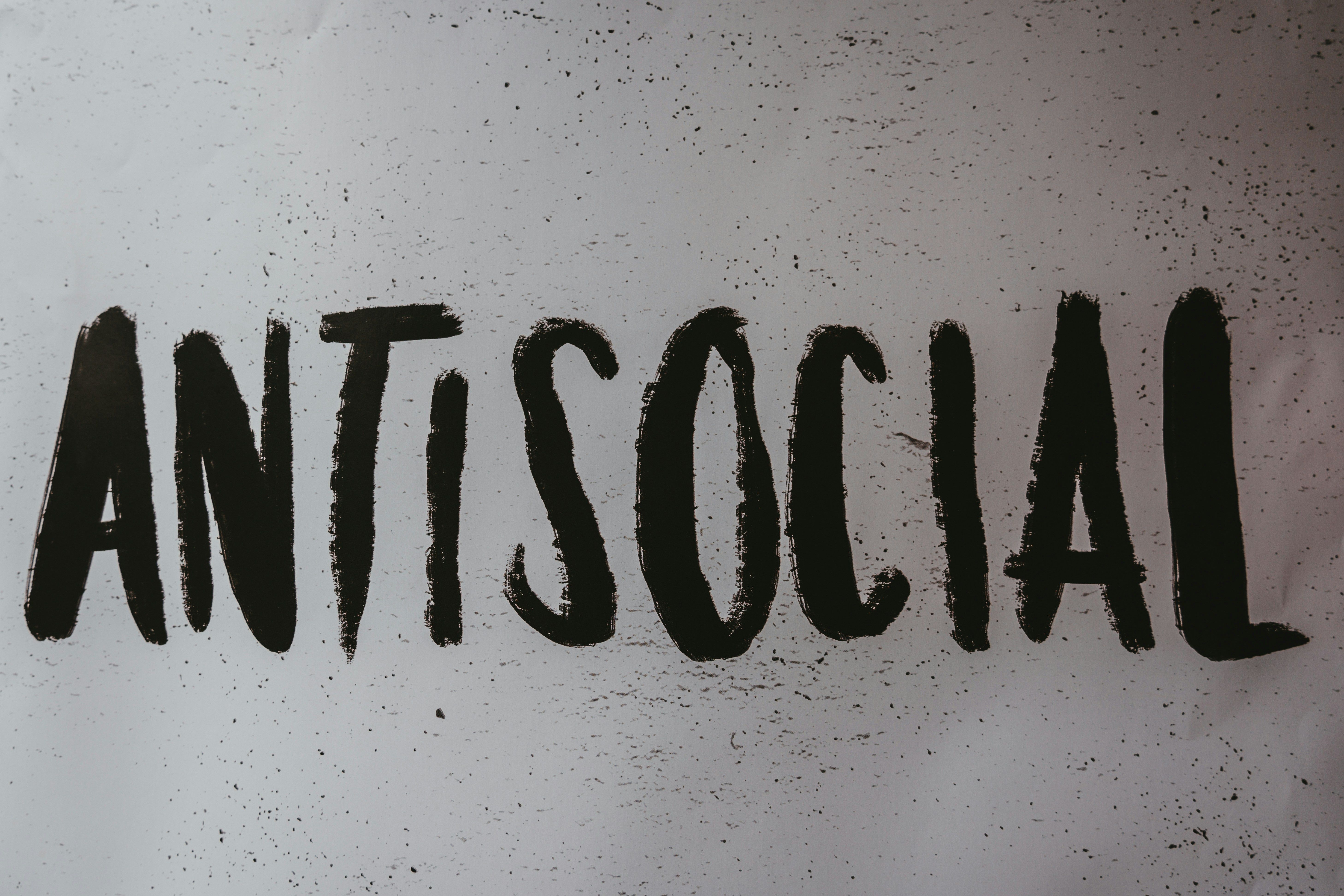Why Everyone Is Suddenly Talking About Social Anxiety
Over the past few years, online searches for “social anxiety disorder therapy” and “how to deal with social anxiety” have increased dramatically. More people than ever are searching for ways to manage social anxiety, whether it's facing public spaces or coping with workplace interactions. The topic has become increasingly visible in conversations, social media, and online communities.
While exact figures vary, this rise tells us something important; more people are trying to understand a struggle that often goes unnoticed. But what exactly is social anxiety disorder, and why is it becoming such a widely searched topic?
In this article, we’ll break down what social anxiety disorder really is, explore why it’s gaining attention, and provide practical steps for managing it whether for yourself or someone you care about.
What Is Social Anxiety Disorder (SAD)?
Social anxiety disorder, also known as social phobia, is a mental health condition marked by intense fear or anxiety in social situations. It goes beyond simple shyness and interferes with a person’s ability to engage in everyday interactions.
According to the Mayo Clinic, social anxiety disorder is characterized by:
- A persistent fear of being watched, judged, or embarrassed in public
- Avoidance of social settings such as meetings, parties, or even everyday conversations
- Physical symptoms such as sweating, trembling, rapid heartbeat, nausea, or difficulty speaking
These reactions are not just nervous habits; they are chronic and can severely affect a person’s ability to function socially and professionally.

Who Does It Affect?
Social anxiety disorder affects a broad range of people across different age groups and cultures.
In the United States, approximately 7% of adults experience social anxiety disorder in a given year.
Adolescents are especially vulnerable, with about 9% showing signs of the condition before adulthood.
Studies in other regions, including Nigeria, also show rising numbers, particularly among university students.
These figures, though helpful, only scratch the surface. Many people never seek help, so actual numbers could be much higher. As awareness grows, more people are identifying their symptoms and looking for answers.
Why Are Searches for Social Anxiety Disorder Increasing?
The massive rise in search volume for terms like “social anxiety treatment”, “therapy for social anxiety”, and “how to overcome social anxiety” points to a few key factors:
1. Increased Mental Health Awareness
Mental health is no longer a taboo topic. Platforms like Instagram, YouTube, and TikTok are filled with creators and therapists openly discussing their mental health experiences. This has encouraged many people to recognize their symptoms and seek help or information.
2. Impact of Social Media and Comparison Culture
Ironically, while social media is helping people become more aware, it's also fueling anxiety. The pressure to present a perfect version of oneself online — likes, comments, constant exposure has intensified feelings of judgment and self-doubt, especially in teens and young adults.
3. Post-Pandemic Social Reentry
After months of isolation during COVID-19 lockdowns, returning to social environments wasn’t easy for everyone. Many people reported increased anxiety about going back to work, school, or social events. The pandemic didn’t create social anxiety, but it certainly magnified it.
The Impact of Social Anxiety Disorder
Social anxiety doesn't just cause discomfort, it has real, lasting effects on quality of life:
1. Professional Limitations
People with social anxiety may avoid job interviews, public speaking, or leadership roles. Even day-to-day office interactions can feel overwhelming, leading to missed opportunities and lower productivity.
2. Academic and Social Withdrawal
Students with untreated social anxiety may avoid group projects, skip classes, or isolate themselves from peers impacting both academic performance and mental wellbeing.
3. Emotional and Physical Health Consequences
Persistent anxiety can contribute to insomnia, low self-esteem, depression, and even physical symptoms such as fatigue or digestive issues. Over time, the stress of trying to "appear normal" in social situations takes a toll.
How to Manage and Treat Social Anxiety Disorder
The good news is that social anxiety disorder is treatable. Many people find relief and begin to thrive with the right combination of support and tools.

1. Therapy Options
- Cognitive Behavioral Therapy (CBT)
CBT is the most effective therapy for social anxiety. It helps individuals identify and reframe negative thought patterns, challenge avoidance behavior, and build confidence in social situations.
- Exposure Therapy
This involves gradually and safely facing social fears in a structured environment, helping reduce sensitivity to anxiety triggers.
2. Medication
In some cases, doctors may prescribe medications to manage symptoms. These are typically used alongside therapy and are prescribed based on individual needs.
3. Self-Help Strategies
- Mindfulness and meditation to stay grounded in the present moment
- Breathing exercises to manage physical symptoms of anxiety
- Positive affirmations and journaling to build self-awareness and confidence
- Limiting social media exposure, especially when it triggers comparison or insecurity
4. Digital Tools and Online Therapy
Online therapy platforms like Tranqbay now make mental health services more accessible. Mobile apps also offer guided meditations, mood tracking, and therapy sessions with licensed professionals, all from the comfort of home.
When Should You Seek Help for Social Anxiety?
If social anxiety is interfering with your daily life; keeping you from opportunities, straining your relationships, or affecting your mood, don’t wait. Help is available.
You can start by:
- Talking to a mental health professional on Tranqbay
- Visiting your local clinic or hospital’s counseling unit
- Using verified online therapy platforms
There’s no shame in asking for help. In fact, taking that step is a powerful act of courage.
Social Anxiety Is More Common Than You Think
The growing conversation around social anxiety is not just a trend. It’s a necessary shift. For too long, many people have struggled in silence masking their fear of social interaction with avoidance or overcompensation.
But things are changing. If you’re dealing with social anxiety, know that you're not alone, and you're certainly not broken. You deserve to be heard, understood, and supported.
The first step? Acknowledging what you feel. The next? Taking one small, steady step at a time.
If you want to learn more about depression, check out our article depression by the numbers what the stats really say.
For article on anxiety, read therapist insights on anxiety
